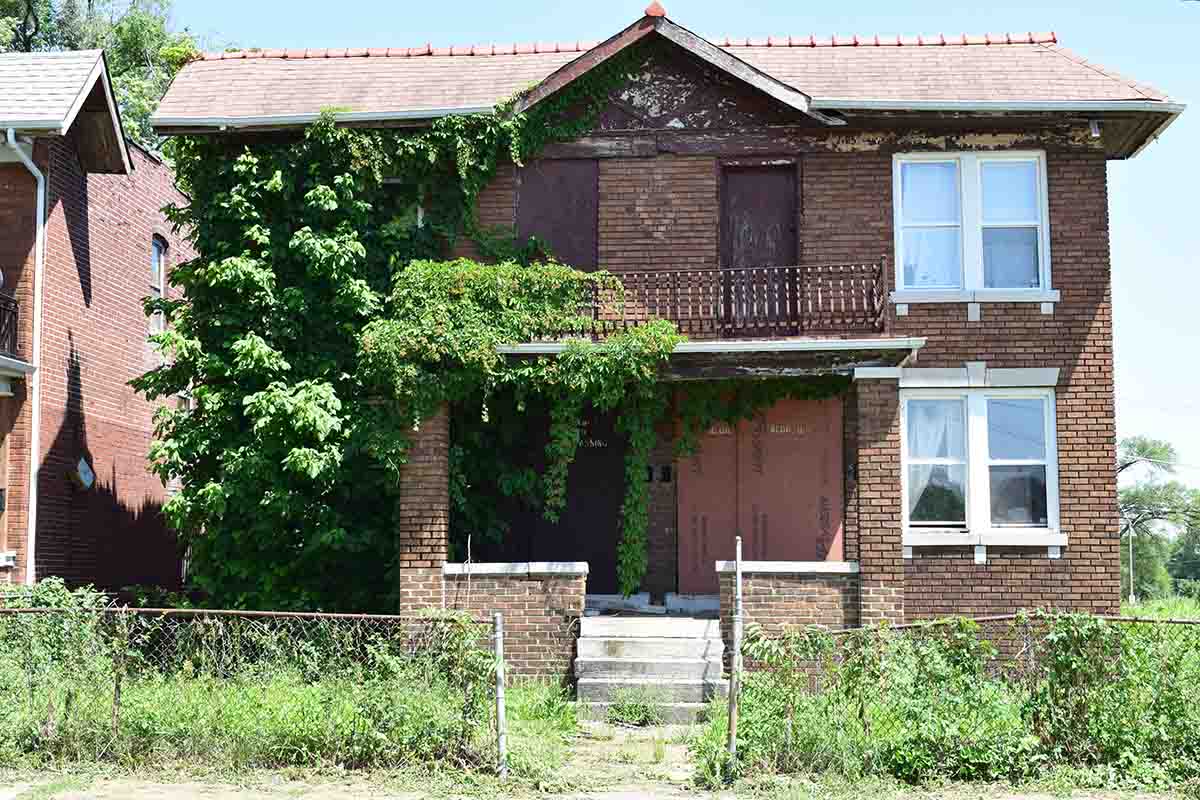The Community-led Effort to Address Vacant and Abandoned Properties in St. Louis County, Missouri
February 13, 2023

By Libby Benton, Associate Counsel to National Initiatives
Two years ago, Missouri State House Representative Kevin Windham began asking questions to try to understand why there were so many vacant and abandoned properties in the communities he represented in suburban St. Louis County, Missouri. Who owned these properties? Why were they concentrated in majority Black neighborhoods? Why didn’t someone just buy them and fix them up? What could be done?
Rep. Windham’s questions and the conversations they sparked led to the formation of the St. Louis County Land Bank Coalition, which includes local community development corporations, neighborhood associations, the St. Louis County Board of Realtors, a housing advocacy nonprofit, legal aid, local elected and government officials, and residents. Together, they focused on learning about and educating community stakeholders on the systems that have perpetuated vacancy and abandonment and then began exploring solutions to address vacant properties in the county. Community Progress provided technical assistance to the coalition through our Land Bank Incubator Scholarship (LBIS) program.
The coalition determined that St. Louis County needed a county-wide land bank to work with local communities and partners to help return vacant and abandoned properties to productive use. But breaking the cycle of vacancy requires a comprehensive approach. To create an effective land bank and ensure the county had the necessary resources to address vacant properties, the county would also need to revamp its antiquated property tax enforcement system.
Property Tax Enforcement System Reform
Like many property tax enforcement systems across the country, St. Louis County requires the sale of tax liens to private investors. This system discourages private investments in vacant and abandoned properties by requiring buyers to go through an expensive, time-intensive process of clearing the title and paying off the back taxes to purchase the properties. And, it can leave the worst vacant and abandoned properties in legal limbo for up to six years before local governments can gain control of them and help direct them to new uses.
This month, Rep. Windham introduced legislation drafted by the coalition to address these challenges. HB 1088 would give all Missouri cities and St. Louis County the option to create a land bank and to use an improved version of the judicial in rem tax foreclosure process already used in Jackson County (where Kansas City is located), on a parcel-by-parcel basis or for all tax delinquent properties. The legislation would also create new funding mechanisms to support all Missouri land banks.
The coalition’s work is gaining momentum. Through online resources like a Frequently Asked Questions page and explainer video, the coalition is continuing to help people understand the problem and how the legislation will help ensure all Missouri communities—small towns, suburban communities, and urban centers alike—have the tools to move vacant and abandoned properties to productive uses that meet their community needs.
Subscribe to join 14,000 community development leaders getting the latest resources from top experts on vacant property revitalization.
